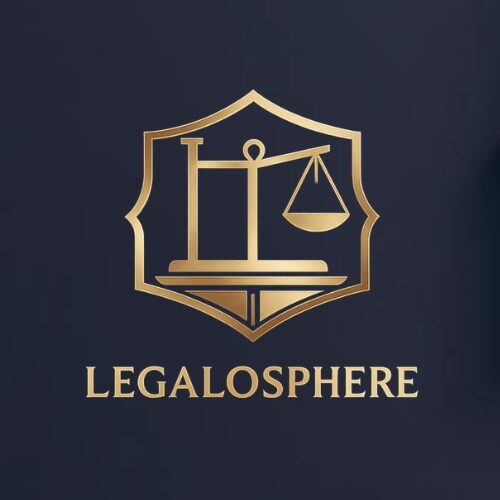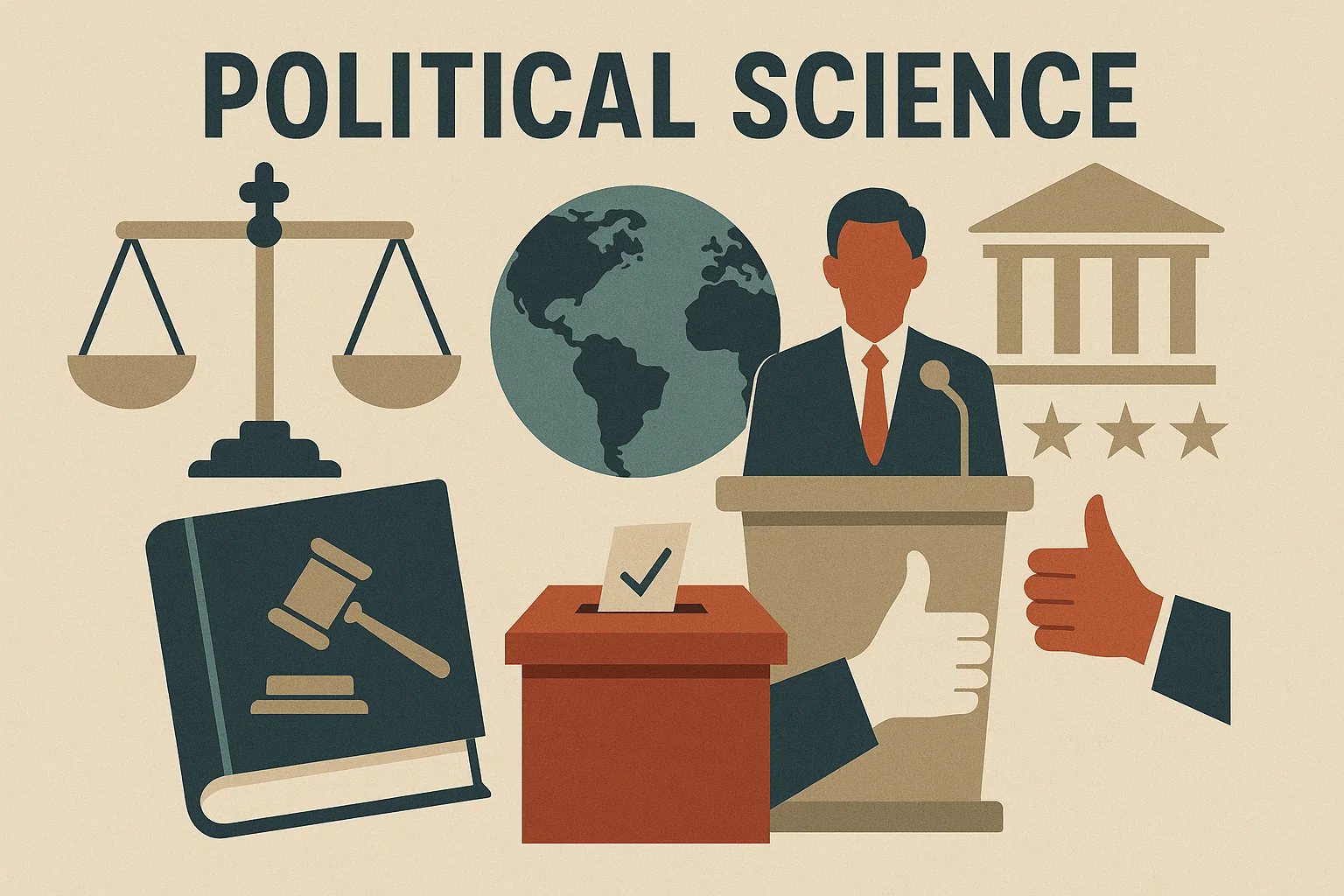The Social Contract Theory is one of the most influential philosophical doctrines in the history of political thought. It explores how societies form and why individuals consent to be governed. Although Thomas Hobbes, John Locke, and Jean-Jacques Rousseau all contributed significantly to this theory, their interpretations of state of nature, human nature, and the social contract differ sharply based on their worldviews and historical contexts.
1. Thomas Hobbes (1588–1679)
State of Nature
Hobbes viewed the state of nature as a pre-political condition of perpetual war. In his seminal work Leviathan (1651), he described it as a time when there was no authority or law to restrain human actions.
“The life of man [was] solitary, poor, nasty, brutish, and short.”
In this chaotic state, every individual had a natural right to do anything to preserve their own life—even if it meant harming others.
Human Nature
Hobbes believed human beings were fundamentally selfish, fearful, and driven by desires. People act out of self-interest and a desire for survival. He argued that humans are equal in their ability to harm and destroy one another, which leads to mutual suspicion and constant conflict.
The Social Contract
To escape this anarchy, individuals collectively agree to submit to a sovereign authority (the “Leviathan”) in exchange for security and order. According to Hobbes:
- People surrender all their natural rights to the sovereign.
- The sovereign’s power is absolute and indivisible.
- There is no right to revolt, as any authority is better than chaos.
For Hobbes, the social contract is not a pact among citizens, but between each individual and the state.
2. John Locke (1632–1704)
State of Nature
Locke’s state of nature, as explained in Two Treatises of Government (1689), is a peaceful and reasonable environment governed by natural law. People are free and equal and live according to reason.
“The state of nature has a law of nature to govern it, which obliges everyone.”
However, the state of nature is inconvenient, as there’s no impartial authority to resolve disputes.
Human Nature
Locke believed people are rational, moral, and cooperative. While they are entitled to their life, liberty, and property, he acknowledged that some individuals might violate others’ rights, which creates the need for a governing authority.
The Social Contract
Locke’s social contract is an agreement to form a limited government whose primary role is to protect natural rights—life, liberty, and property.
- People retain the right to overthrow the government if it fails to protect these rights.
- Power must be divided (early ideas of separation of powers).
- Government legitimacy depends on consent of the governed.
Locke’s version greatly influenced liberal democratic thought and constitutional government.
3. Jean-Jacques Rousseau (1712–1778)
State of Nature
In The Social Contract (1762), Rousseau described the state of nature as a peaceful and solitary existence, where people lived uncomplicated lives.
“Man is born free, and everywhere he is in chains.”
He believed the state of nature was corrupted by the development of private property and social institutions, which led to inequality and conflict.
Human Nature
Rousseau saw humans as innately good, compassionate, and cooperative. He argued that it was society and institutions that made people selfish and competitive. Unlike Hobbes, Rousseau emphasized man’s potential for virtue and empathy.
The Social Contract
For Rousseau, the social contract meant the collective agreement of free individuals to form a political community, guided by the General Will—the collective good.
- The contract creates a direct democracy, where laws reflect the General Will.
- Individuals surrender their personal interests for the common good.
- Sovereignty lies with the people, not a ruler.
He believed in popular sovereignty, and that true freedom comes from obeying laws one has a hand in creating.
Comparison Table
| Element | Hobbes | Locke | Rousseau |
| State of Nature | Violent, anarchic, war of all | Peaceful but insecure | Peaceful, moral, corrupted later |
| Human Nature | Selfish, fearful, brutish | Rational, cooperative, possessive | Good, compassionate, corrupted by society |
| View on Property | Exists only with government | Natural right | Origin of inequality |
| Purpose of Contract | Ensure peace and security | Protect life, liberty, property | Achieve collective good |
| Government Type | Absolute monarchy (sovereign) | Limited constitutional government | Direct democracy |
| Right to Revolt | No | Yes | Yes, if General Will is betrayed |

